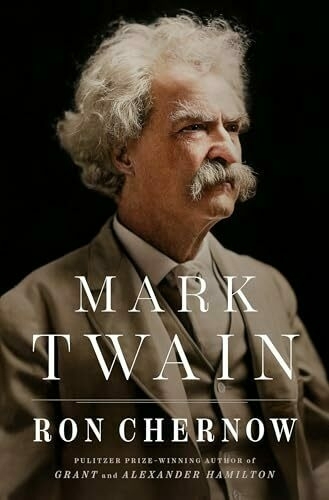Belching bishops and domestic affairs: a review of The Pilgrimage by John Broderick
Alright, I’ll admit it: I have a crush. But this isn’t just any crush. It’s on a bookstore: McNally Jackson in New York City.
Have we met? No. Do they know I exist? Also no. Would I drop everything and move to NYC to be with them? Certainly not. They’re a bookstore. That would be ludicrous.
Will I read everything they publish through McNally Editions? Yes, yes, a thousand times yes.
McNally (I like to think we’re on a first-name basis) has done a significant service for the literary community by rescuing The Pilgrimage by John Broderick, a novel banned upon its 1961 publication by the Irish Censorship of Publications Board, from obscurity.
I should explain. This is what McNally Editions does. They find “unduly neglected books and authors” and give them new life in very prettily designed editions.
Let’s get to the book. In 1961, Catholic doctrine heavily influenced Irish law. Books were banned for contradicting social mores. The Pilgrimage, with its extramarital affairs, homosexual liaisons, belching priests, and critique of miracle cures, stood no chance.
Broderick, a gay man raised Catholic in Ireland, viewed the ban as a “badge of honour.” Sounds like my type of guy. But it had consequences. Despite his brilliance, he never achieved the same success as compatriot Edna O’Brien. It wasn’t until later that The Pilgrimage was recognized for its quality.
The story is told from Julia’s perspective, the wife of Michael Glynn, an obscenely rich, bed-ridden man 20 years her senior. He is implied to be gay, leaving her starved for affection. She finds it in Jim, Michael’s handsome doctor and nephew, and later Stephen, the peculiar household servant.
Julia breaks the meek, subservient mold the Censorship Board no doubt preferred for a female character. She’s unapologetic about her sexual appetites and speaks her mind—traits for which she ultimately pays the price.
When letters arrive at the Glynn home detailing Julia’s affair with Jim, pressure mounts. The claustrophobic town is “watchful as a jungle.” Whispers of impropriety can destroy lives. God forbid you wear the wrong hat to church on Sunday.
Broderick’s prose is clean, polished, and unadorned, hiding a messier reality through allusion and inference. This makes The Pilgrimage more than a diatribe against the oppressive Catholic regime. Rather than rail against the Church, it subtly undermines it.
“‘God is good,’ said the bishop. He raised his hand to his lips and belched delicately.”
Readers who appreciate psychological realism and nuanced explorations of sexuality, faith, and social constraint will find much to appreciate here.
The Pilgrimage deserves its rescue from obscurity. At a time when books are getting banned, it’s a reminder that the most dangerous books are often the most necessary.
The Pilgrimage was originally published by 1961 by Weidenfeld & Nicolson, London. The First McNally Editions paper came out in 2025.








